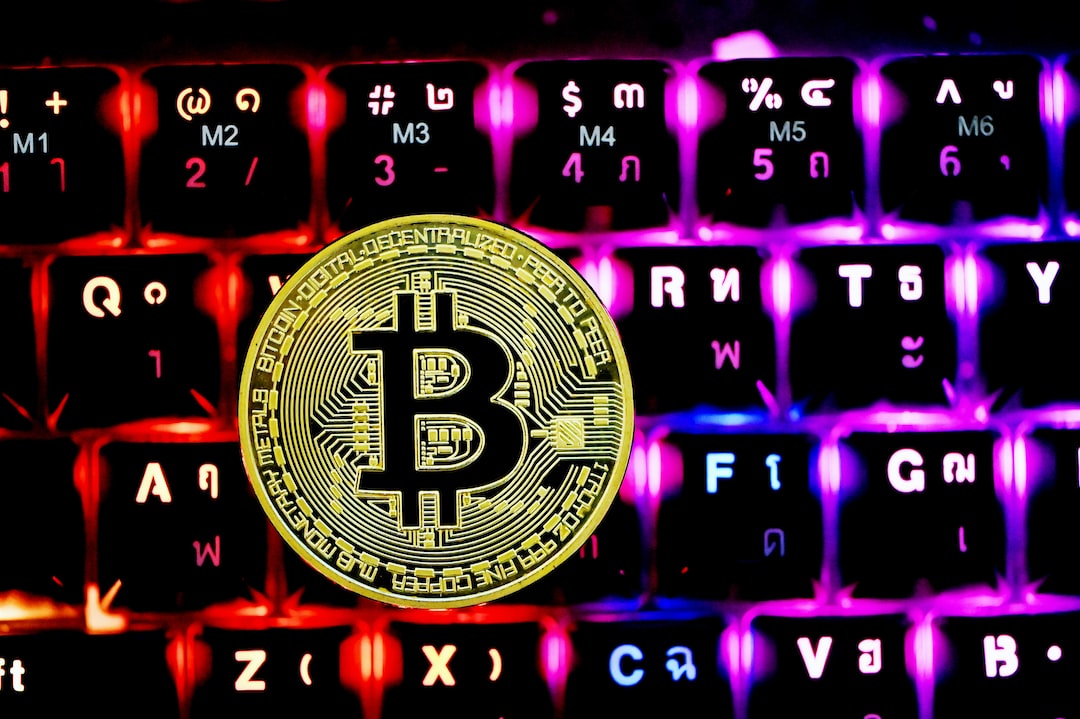Flaws in the SEC’s Arguments Against Ripple Exposed by Crypto Enthusiasts
A recent series of tweets by John Deaton, the Founder of CryptolawUS and a prominent lawyer representing XRP holders, has sparked discussions about the weaknesses in the SEC’s case against Ripple. Crypto enthusiast Nietzbux argues that the SEC failed to convincingly prove that XRP is a security and was also “out-lawyered” by Ripple and the XRP community.
The Inadequate Fulfillment of Howey Test Requirements
Nietzbux points out that Ripple’s brief demonstrates that most of the requirements of the Howey Test, which determines if an asset is a security, were not met. This is significant because all criteria of the Howey Test must be satisfied for an asset to be classified as a security.
Weaknesses in the SEC’s Evidentiary Chain
John Deaton’s amicus brief effectively dismantles the SEC’s argument by exposing its reliance on outdated and speculative evidence. Deaton highlights several weak links in the SEC’s evidentiary chain, such as basing cases on a 2014 tweet without proving that the named XRP holders were even on Twitter at that time. Additionally, Deaton nullifies the SEC’s claim about Ripple’s website listing where to acquire XRP by pointing out that other non-Ripple entities provided such information as well.
Questioning the Motives Behind the SEC’s Case
In his conclusion, Deaton raises doubts about the true motives behind the SEC’s case, suggesting it may have been filed for undisclosed reasons rather than upholding securities laws. This further calls into question the credibility and objectives of the SEC in this landmark case.
The SEC’s Legal Deficiencies
Nietzbux supports Deaton’s arguments and asserts that the SEC was “out-lawyered” by Ripple, emphasizing that the regulatory body was “objectively wrong on the facts.” The core issue, according to Nietzbux, is not whether XRP is a security, but whether the SEC can persuade the courts that it is. With Deaton’s well-crafted amicus brief and Ripple’s strong legal defense, it appears that the SEC is facing difficulties in making its case.
Hot Take: Ripple and XRP Community Expose Weaknesses in SEC’s Arguments
The recent tweets by John Deaton and support from crypto enthusiasts highlight the flaws in the SEC’s case against Ripple. The failure to convincingly prove that XRP is a security, along with weaknesses in the SEC’s evidentiary chain, raises doubts about the credibility of the regulatory body. Moreover, questions surrounding the true motives behind the SEC’s case further challenge its objectives. With Ripple and the XRP community presenting a strong legal defense, it seems that the SEC may have found itself in a precarious position.





 By
By
 By
By
 By
By
 By
By

 By
By